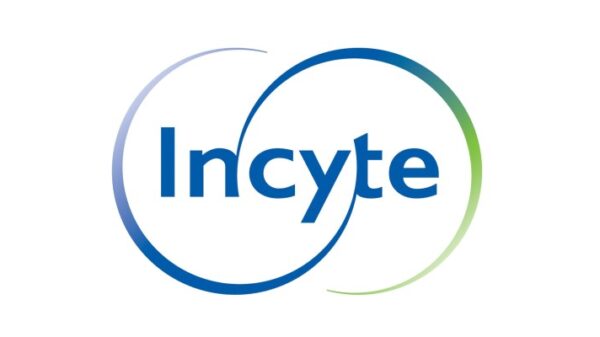Meta has announced the launch of a new toolkit that will allow developers to integrate apps with the vision and audio capabilities of its smart glasses. This initiative aims to enable developers to create features that leverage the hands-free advantages of augmented reality technology. Through the Wearable Device Access Toolkit, developers can access a range of on-device sensors, further enhancing the functionality of their mobile applications.
The company emphasized the potential of this toolkit, stating, “Our first version of the toolkit will open up access to a suite of on-device sensors— empowering you to start building features within your mobile apps that leverage the hands-free benefits of AI glasses.” This statement highlights Meta’s commitment to fostering innovation in wearable technology.
Early testers have already begun exploring the possibilities offered by the toolkit. For instance, Twitch plans to allow creators to livestream directly from their smart glasses. Additionally, the Imagineering R&D team at Disney is developing prototypes that will provide visitors at Disney parks with helpful tips while using Meta’s smart glasses. These applications illustrate the diverse range of functionalities that could emerge from this new development.
Developer Access and Future Prospects
While the toolkit is currently in its early stages, developers can join a waitlist to receive notifications when a preview version becomes available later this year. Meta has indicated that the ability to publish experiences using the toolkit will be limited during the preview phase, with a broader rollout expected not before 2026. This timeline suggests that while interest in the toolkit is likely to be high, widespread access remains some time away.
The popularity of the Ray-Ban Meta glasses indicates a strong market appetite for innovative wearable technology. With the promising features of the new smart glasses, many developers may be eager to experiment with the toolkit, potentially leading to a variety of applications in different sectors.
As the landscape of augmented reality continues to evolve, Meta’s initiative could play a pivotal role in shaping how developers approach the integration of smart glasses in everyday life. The potential for hands-free applications in fields such as entertainment, travel, and education offers exciting opportunities for both developers and consumers alike.






































































